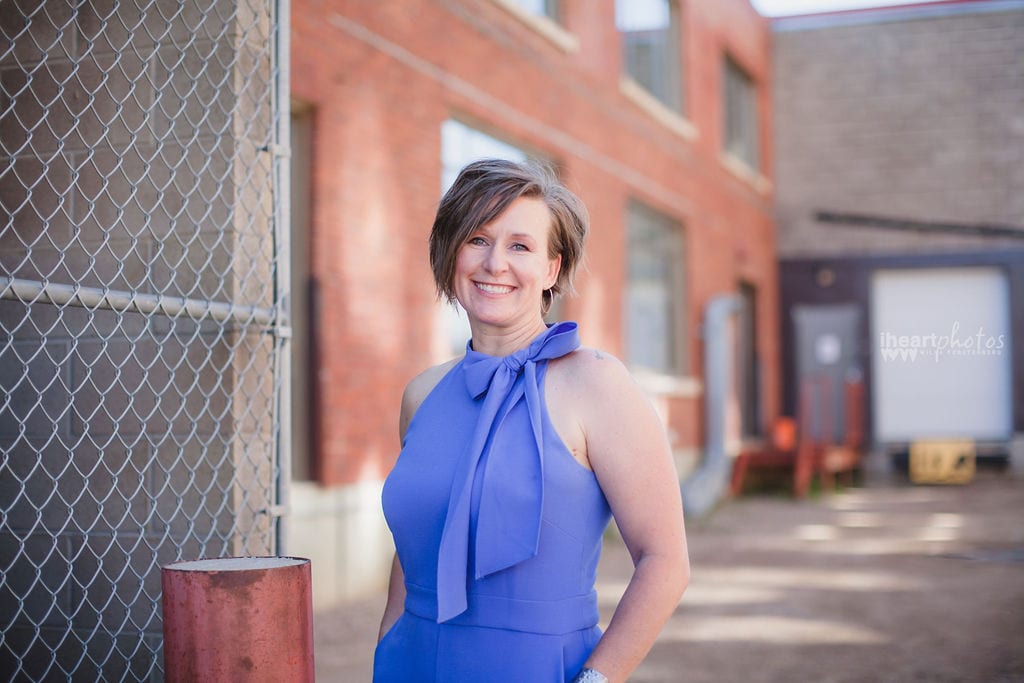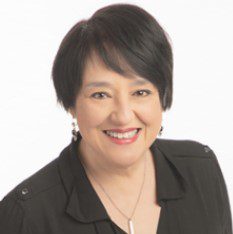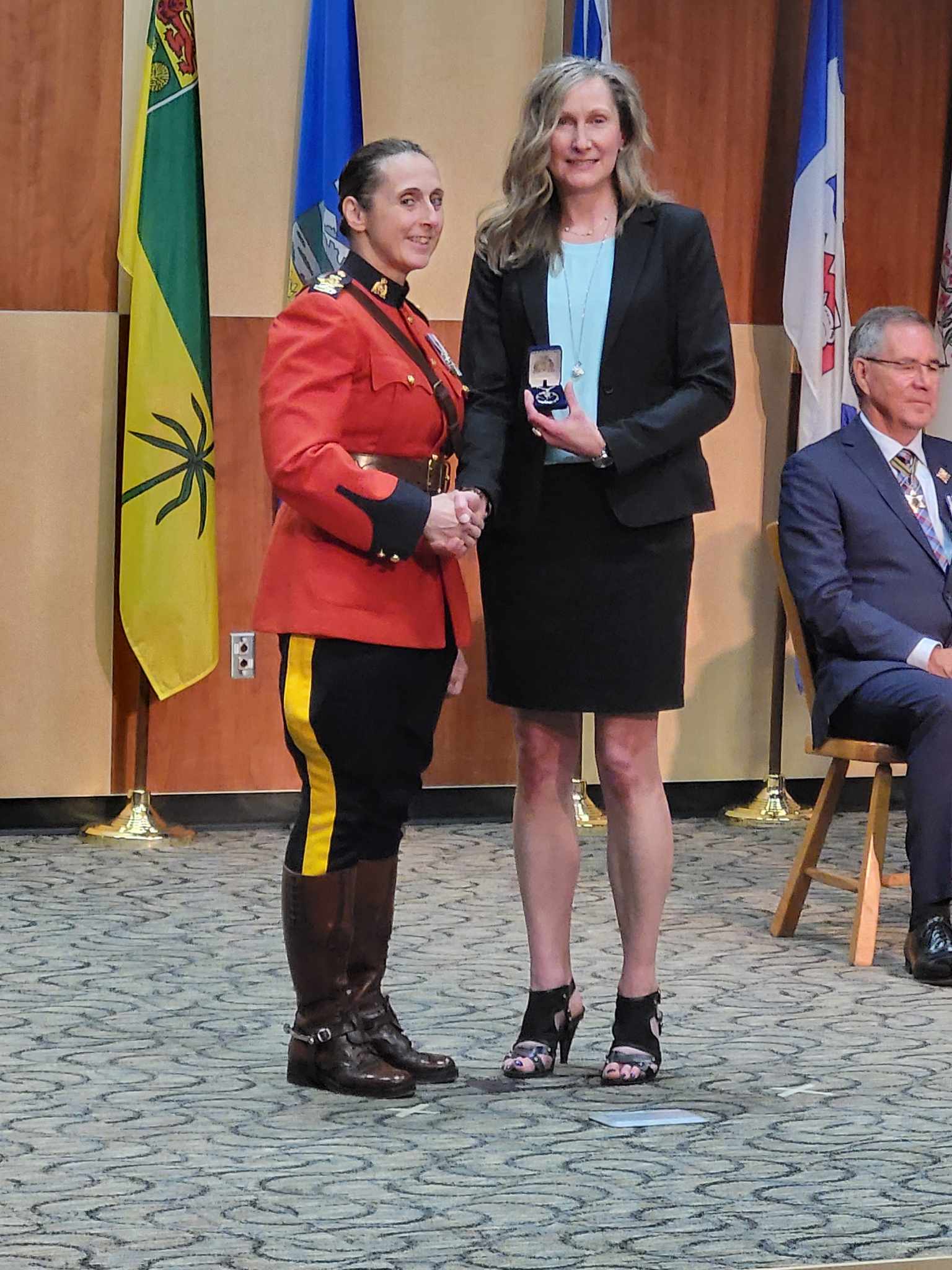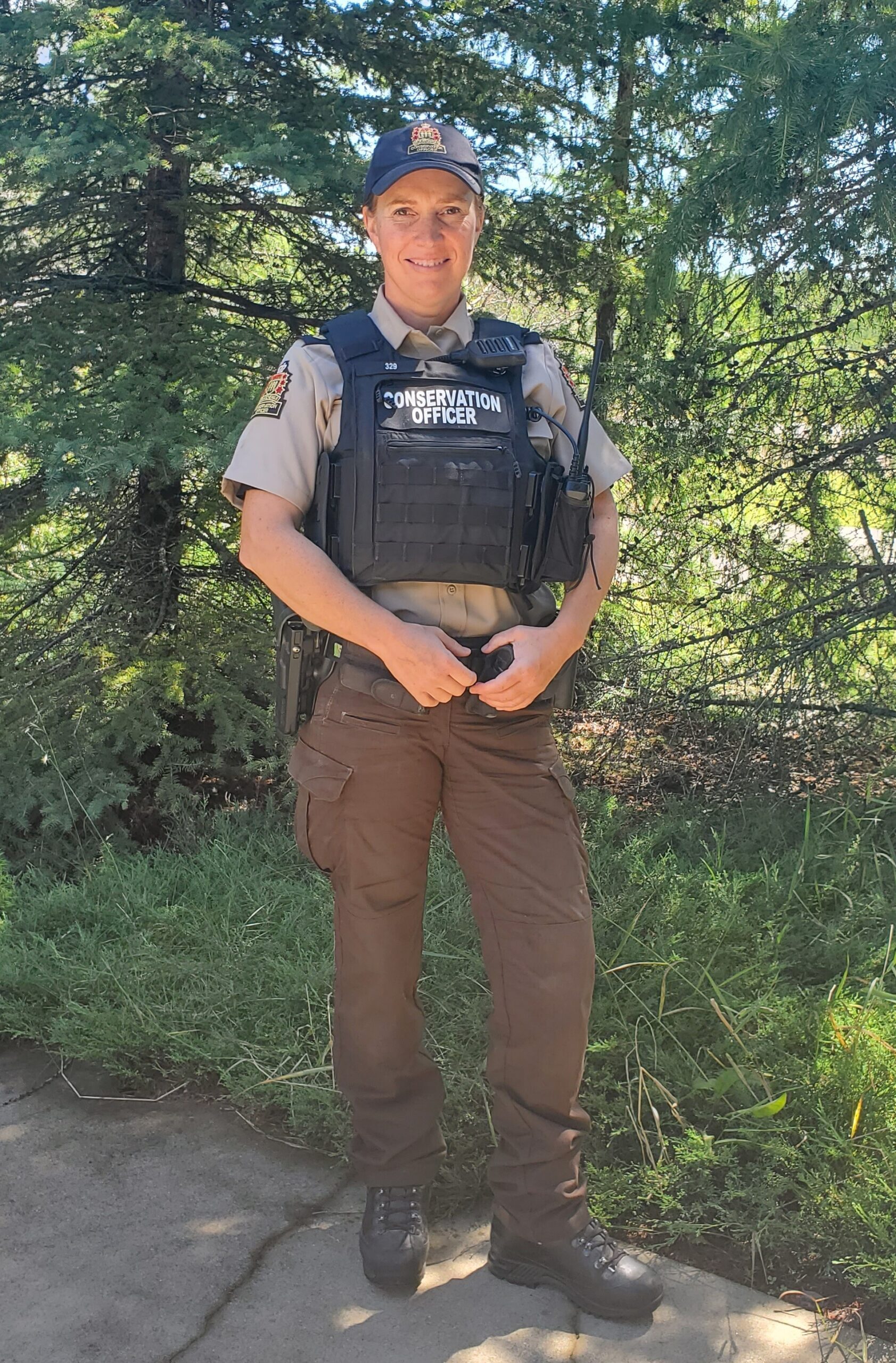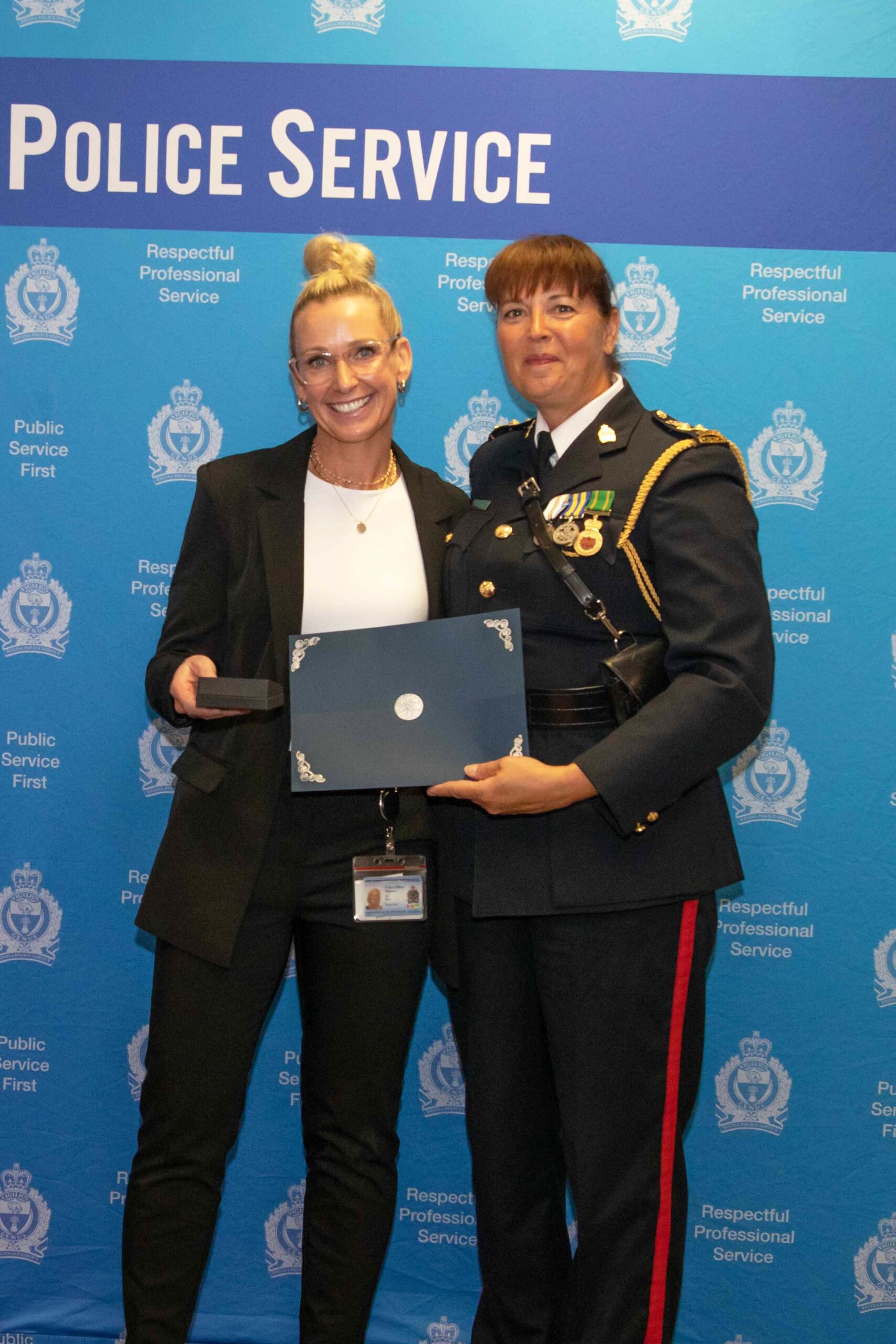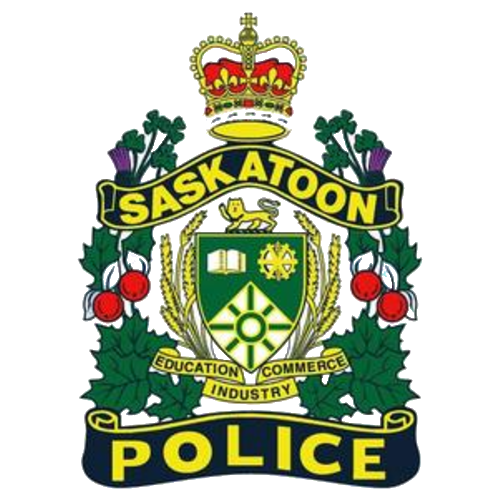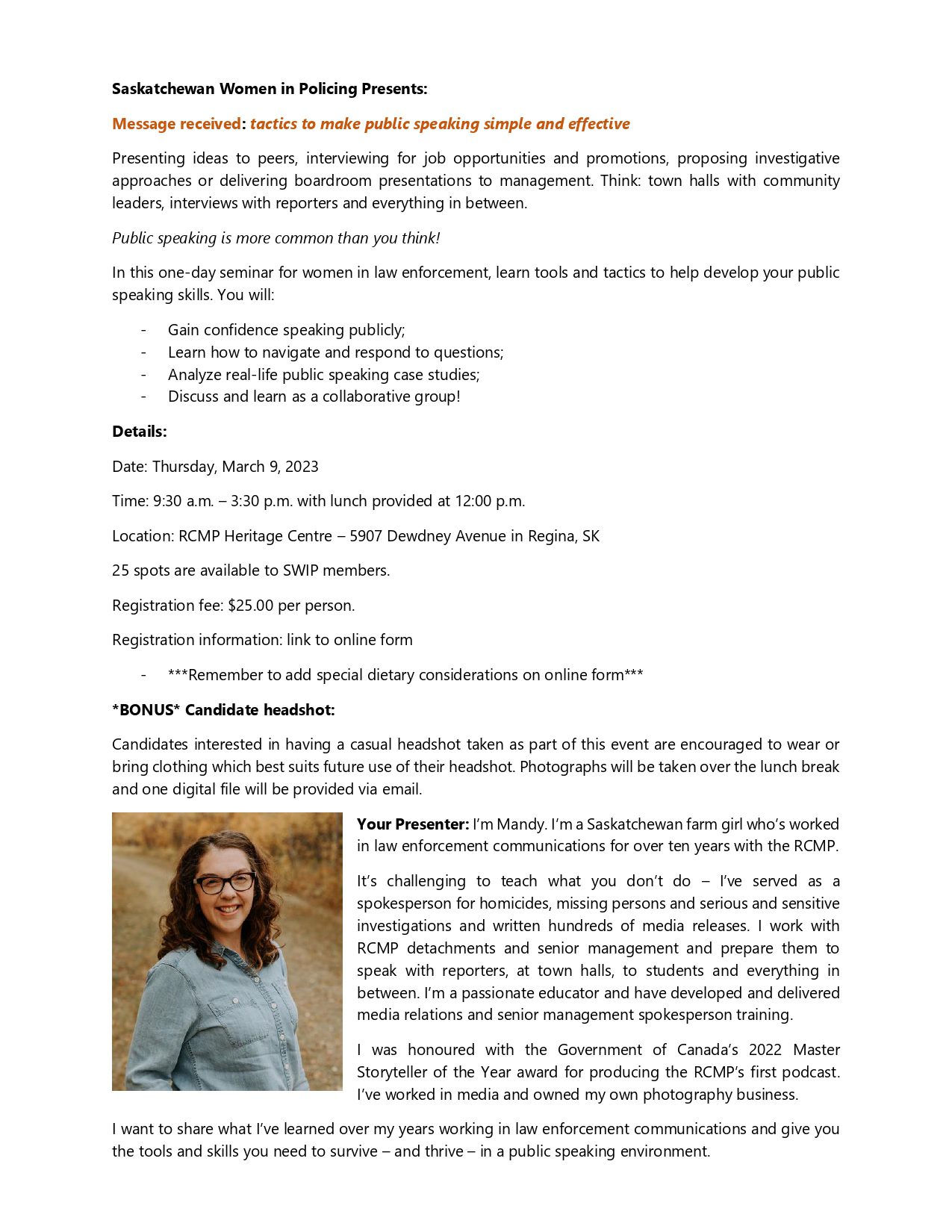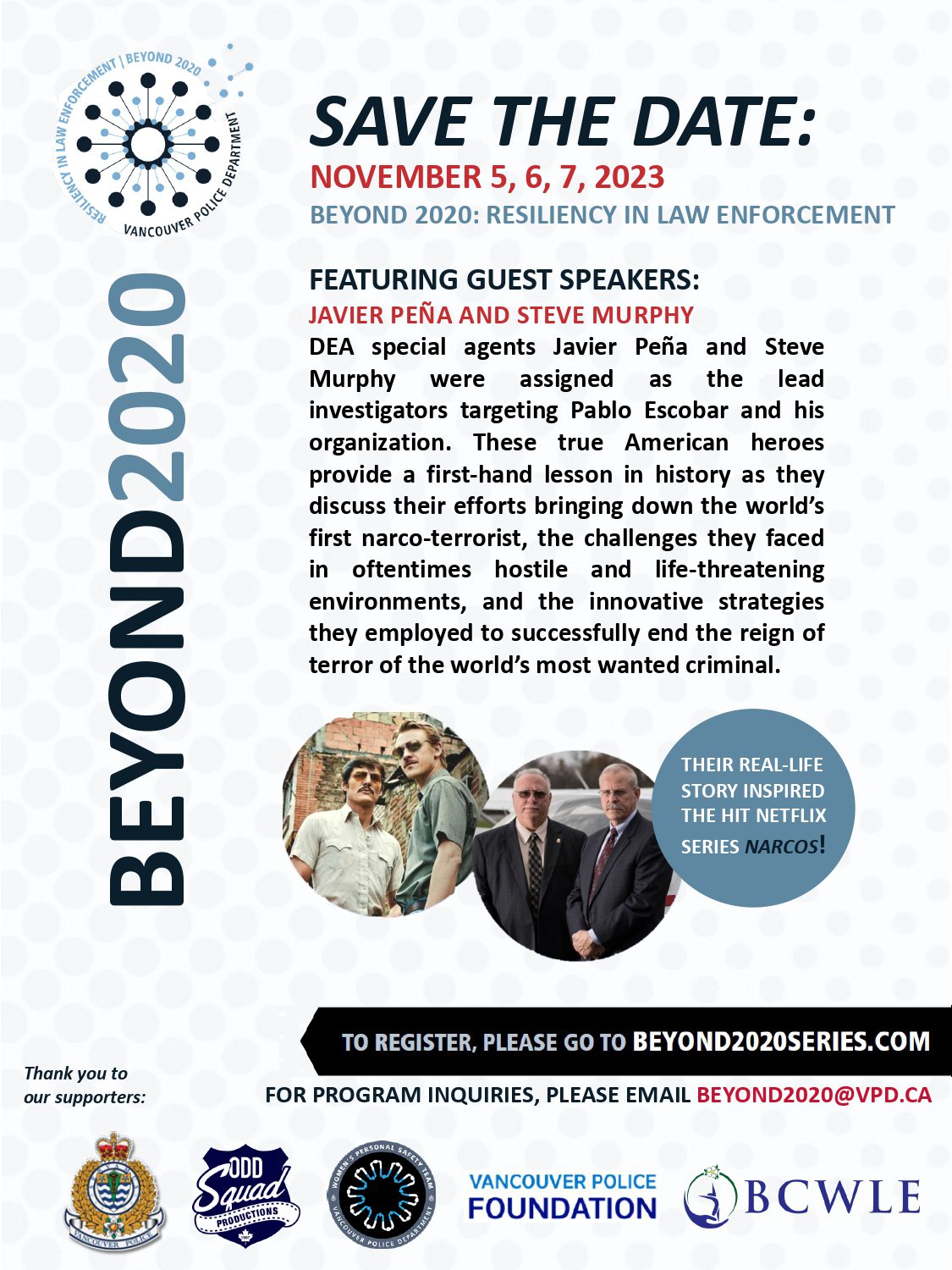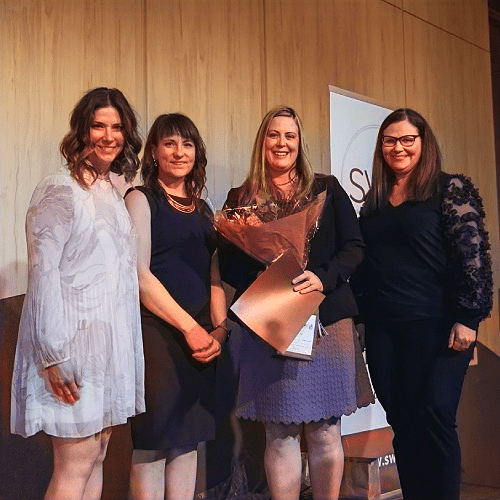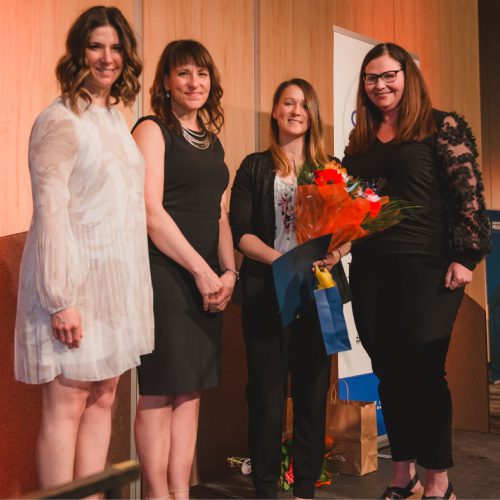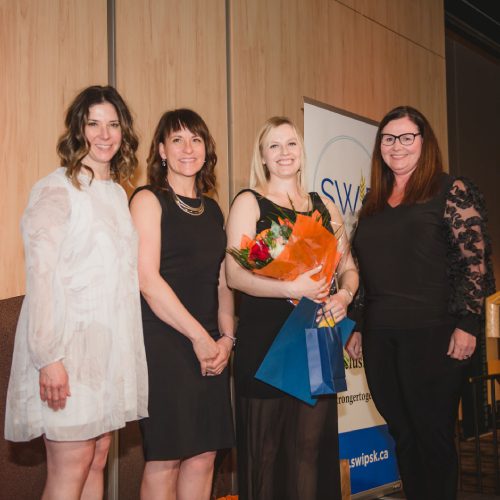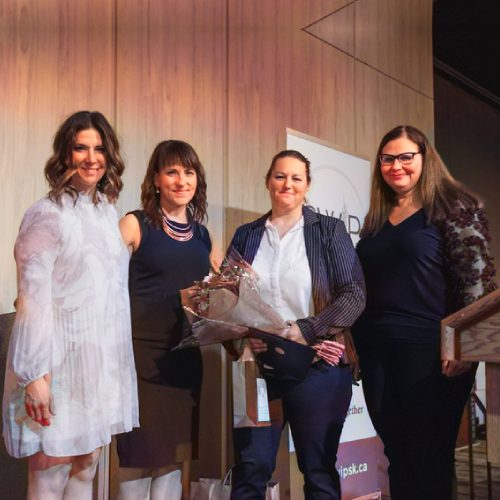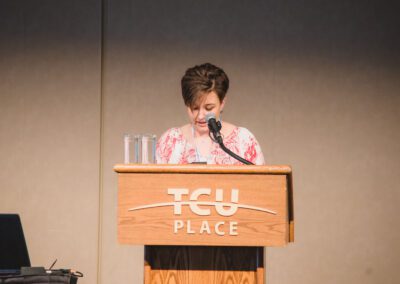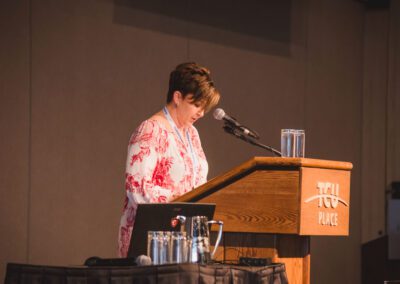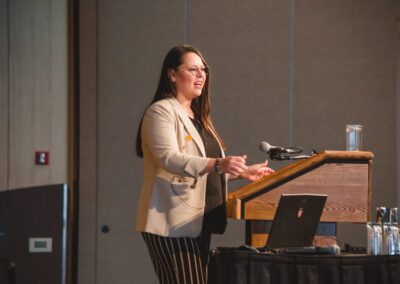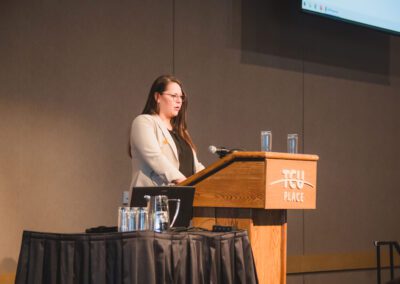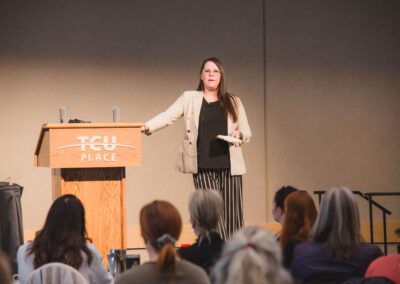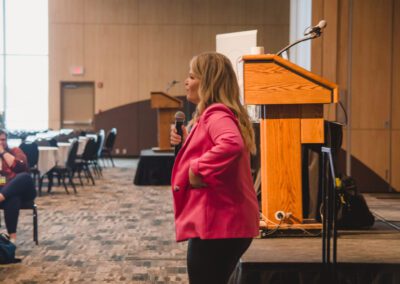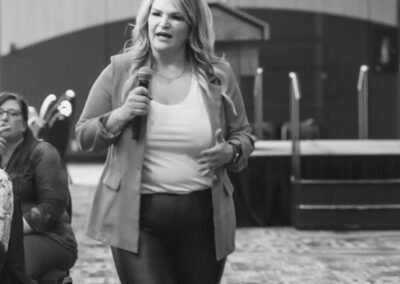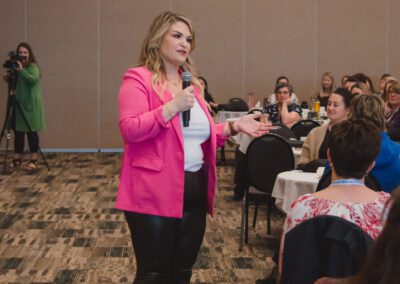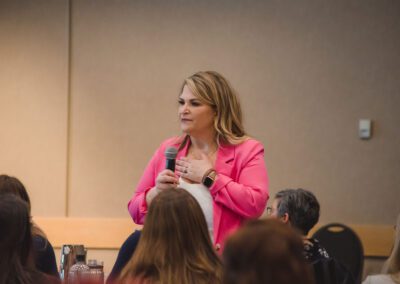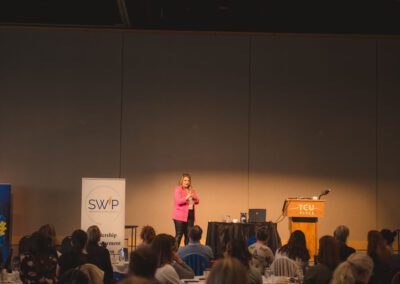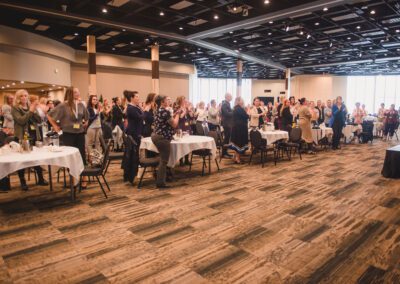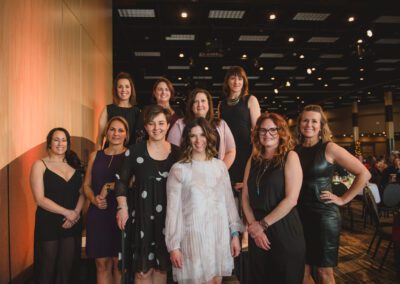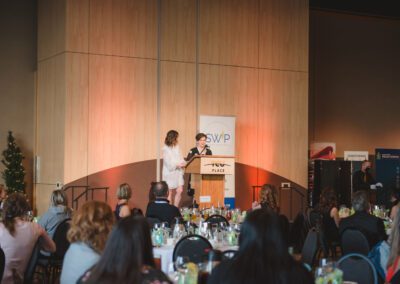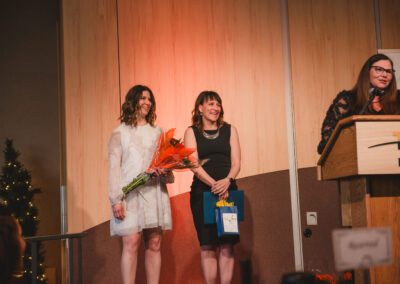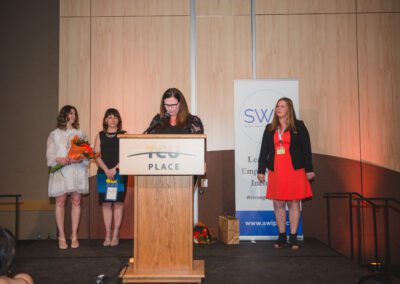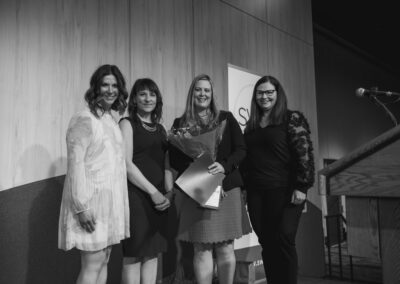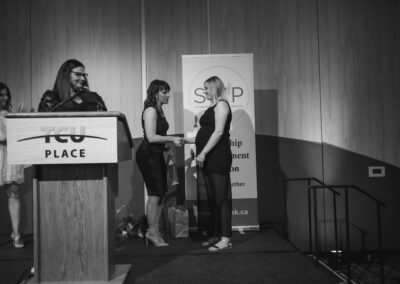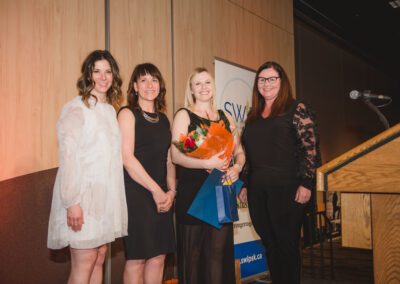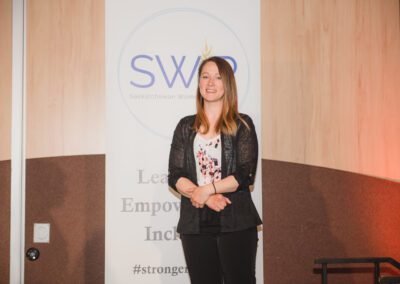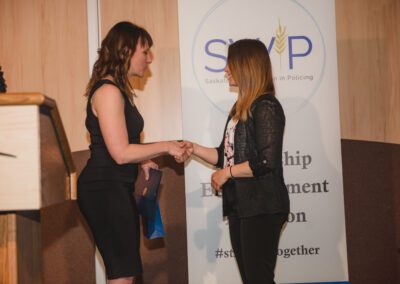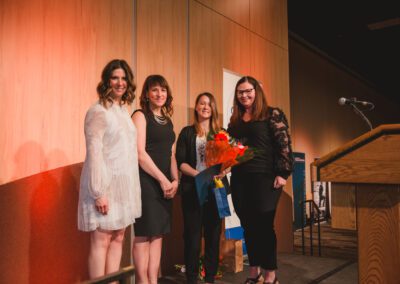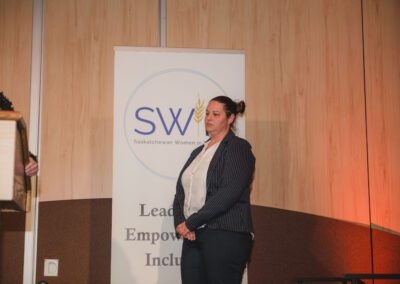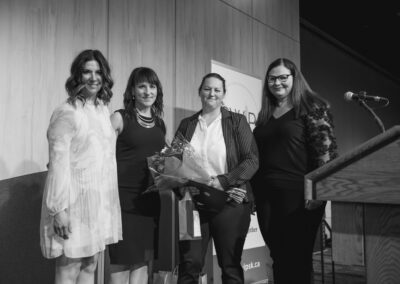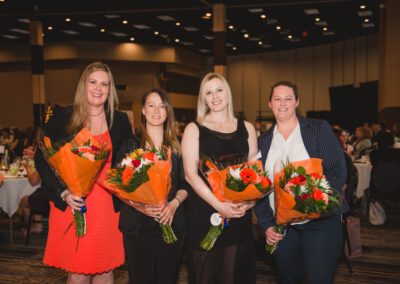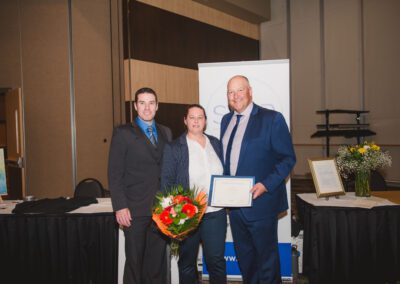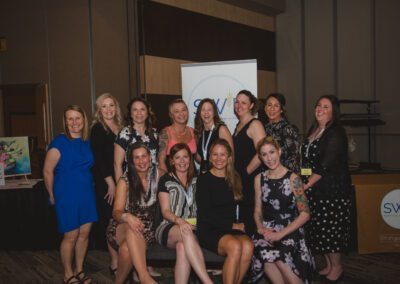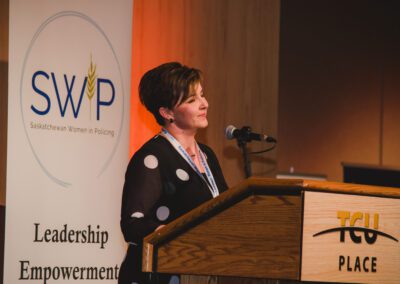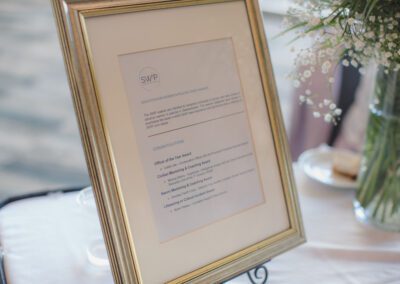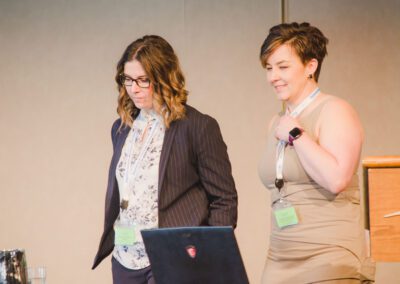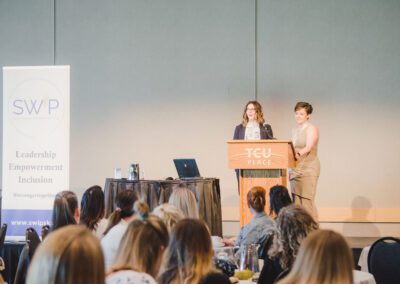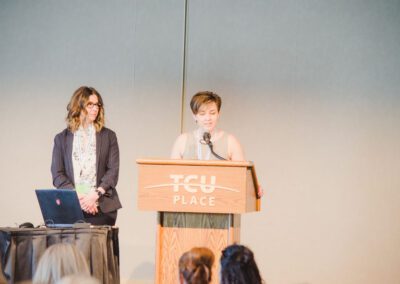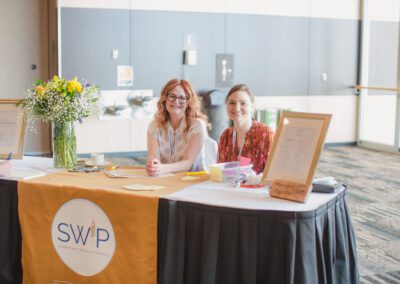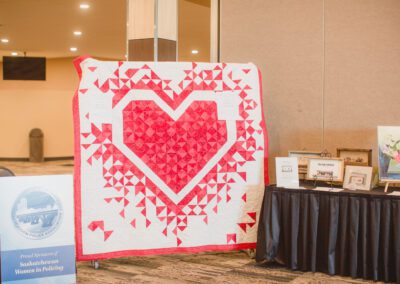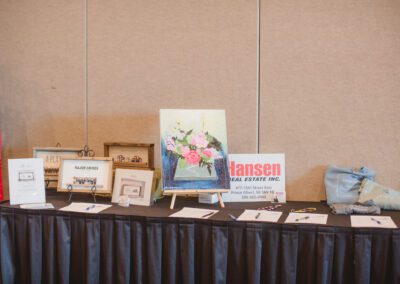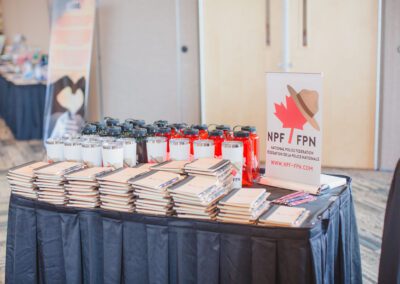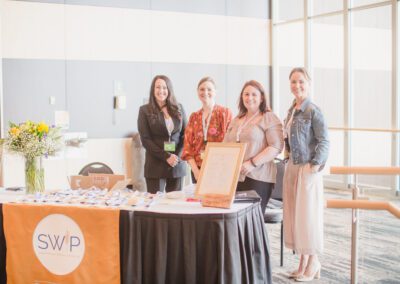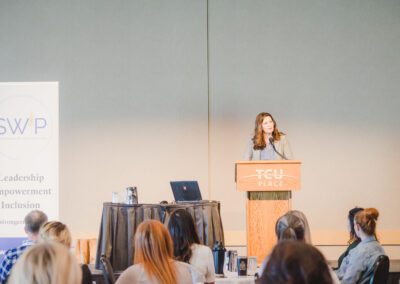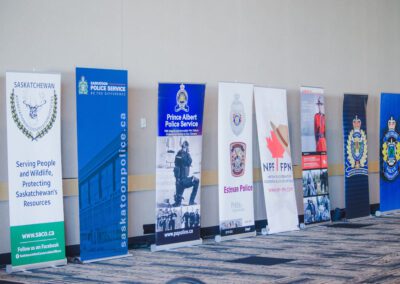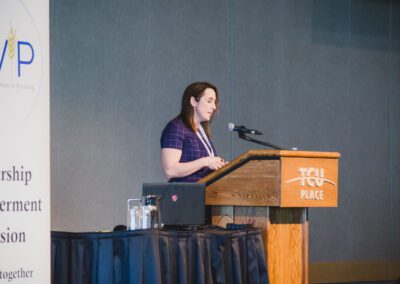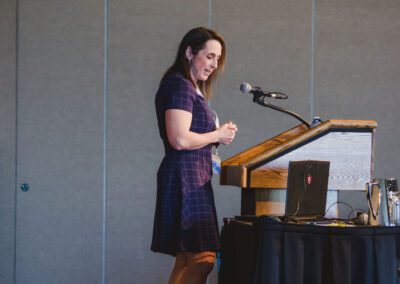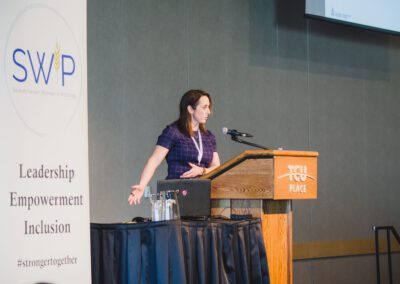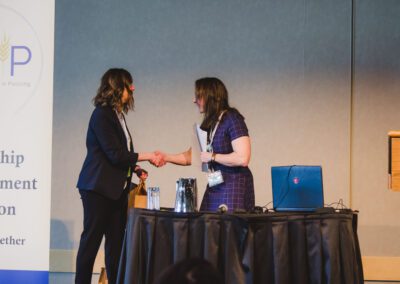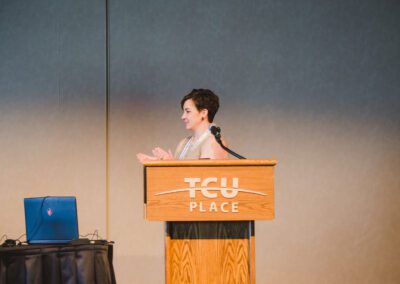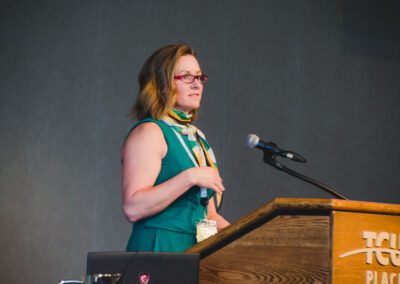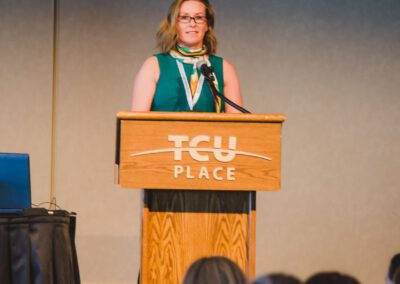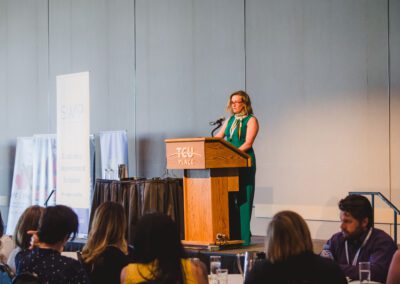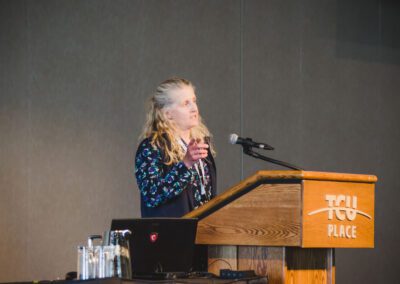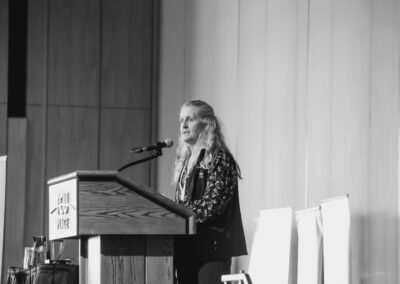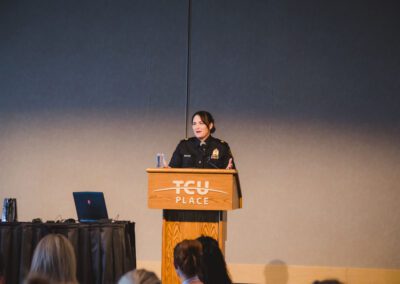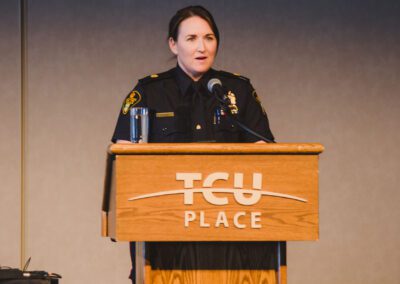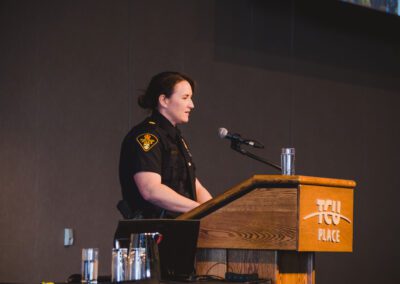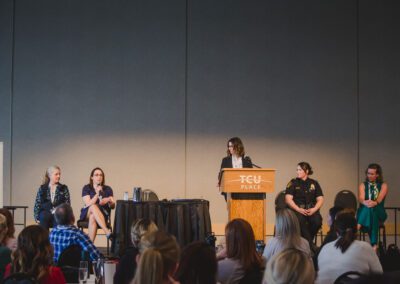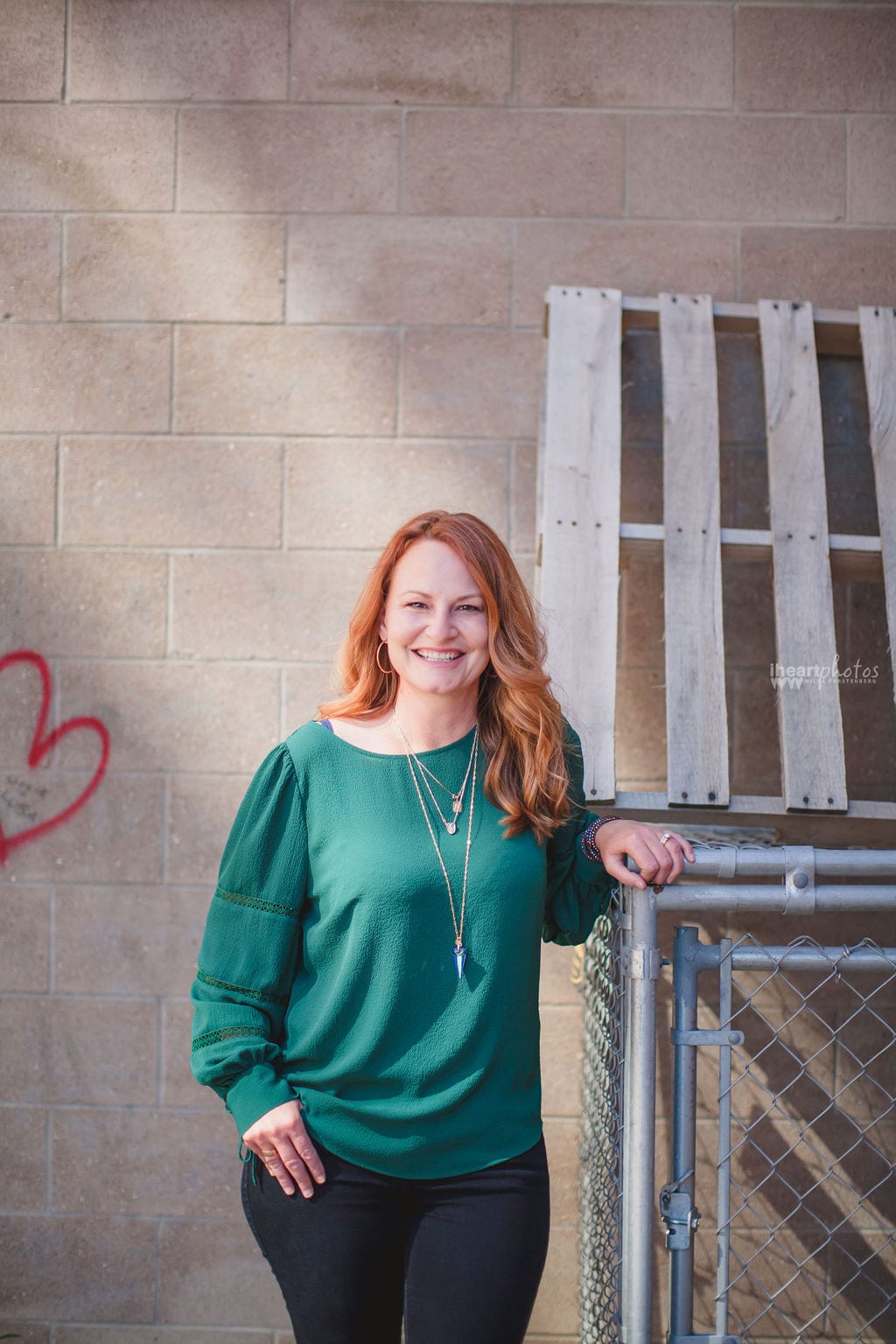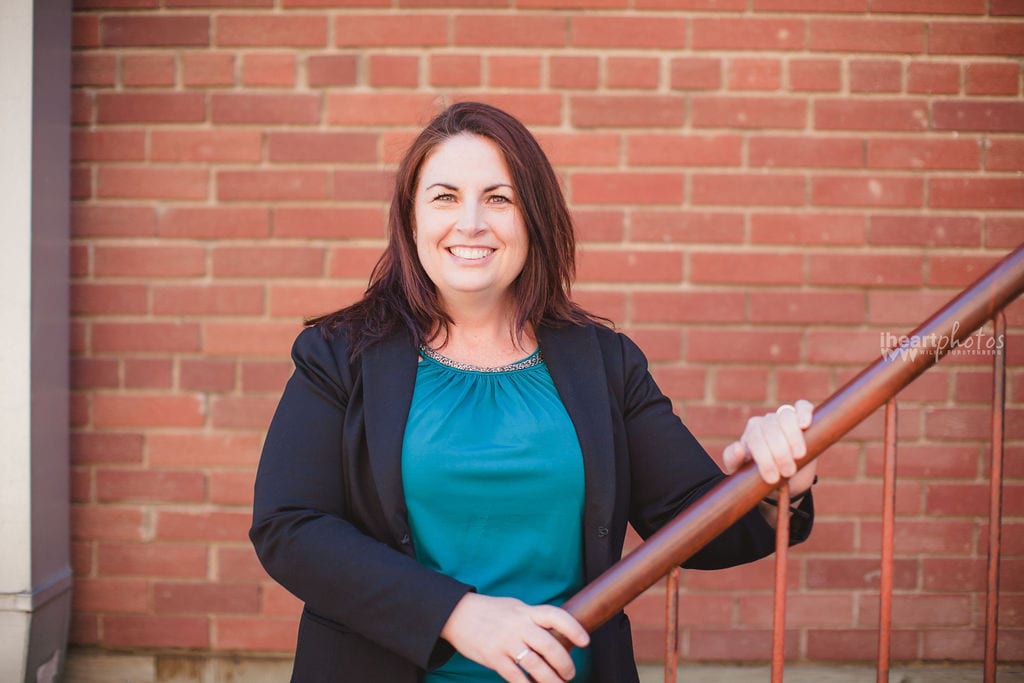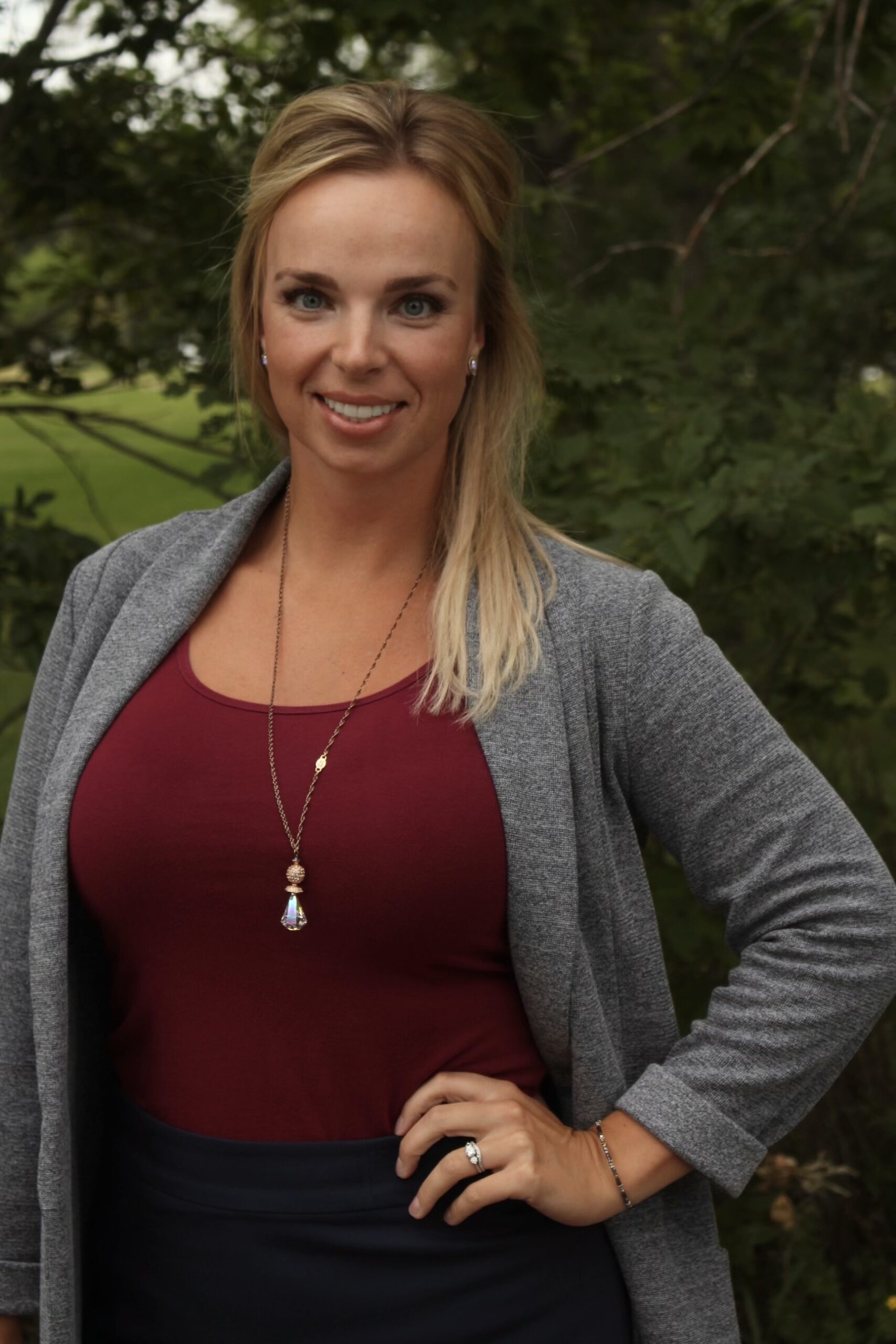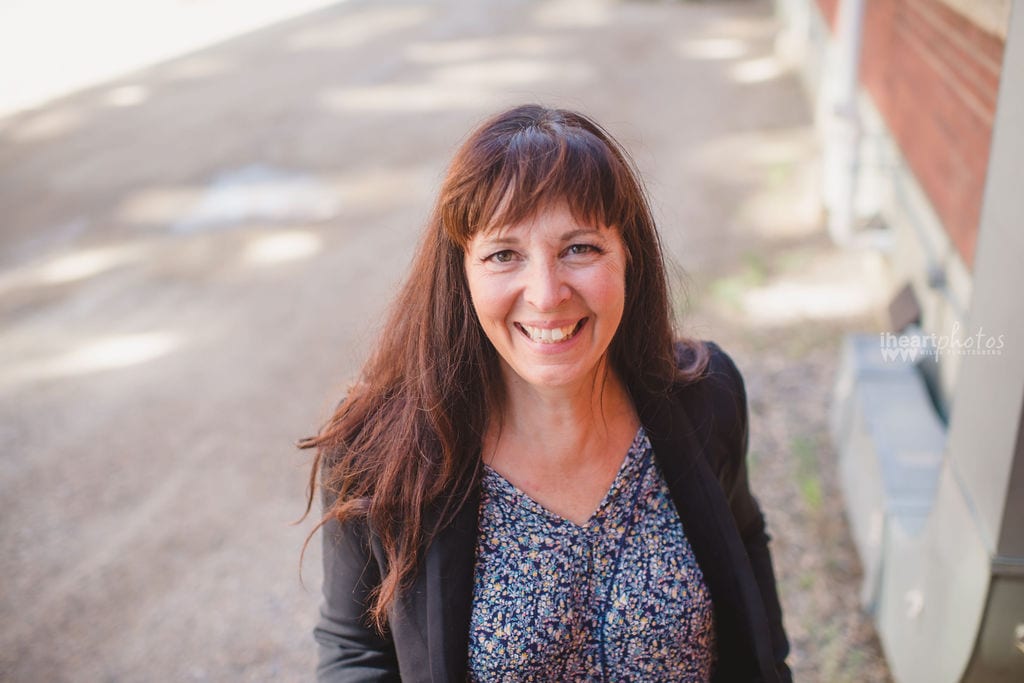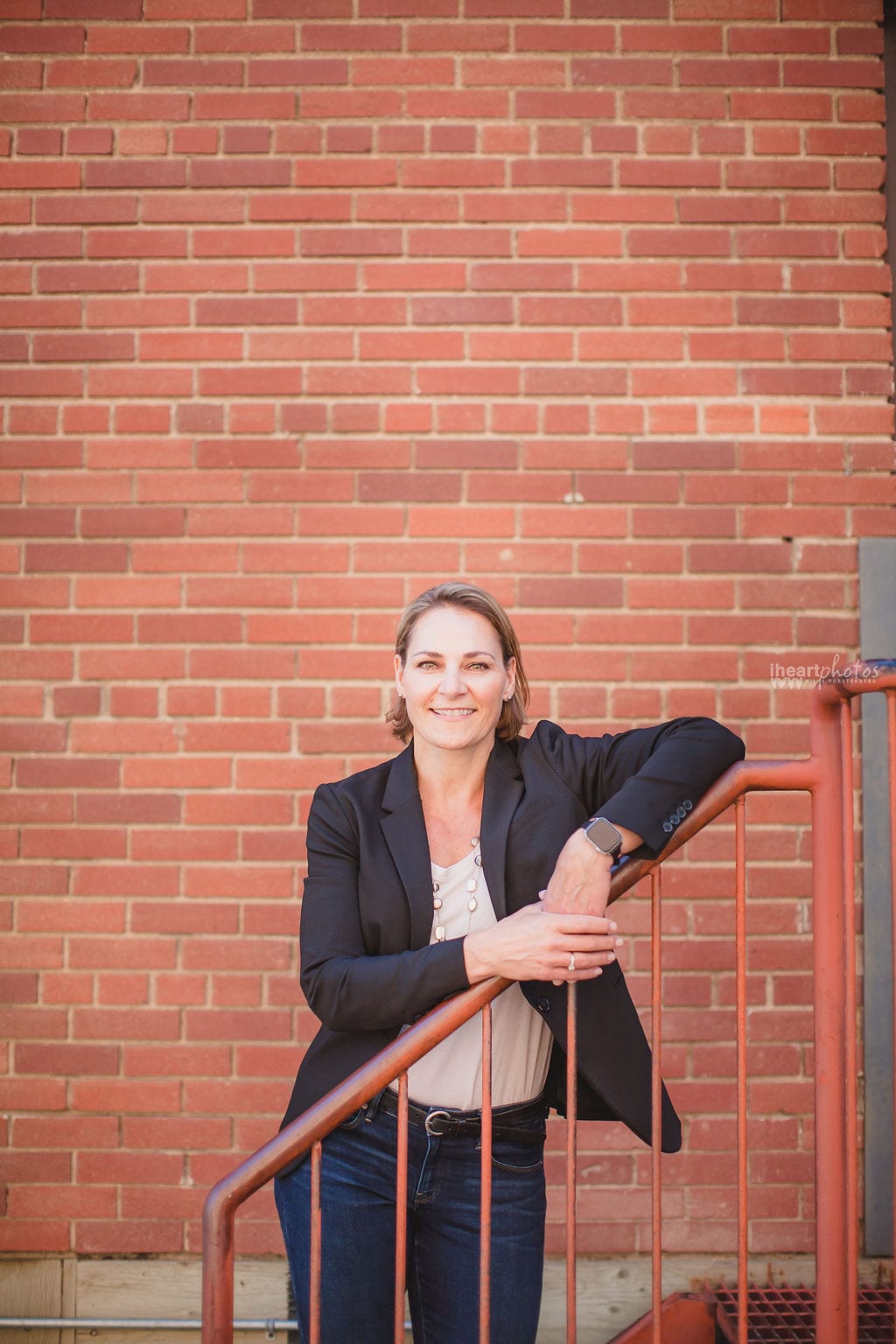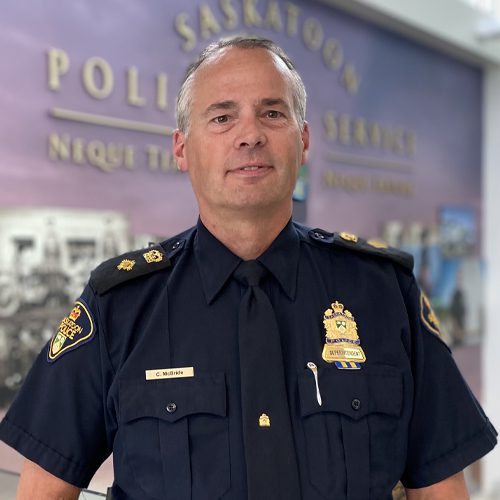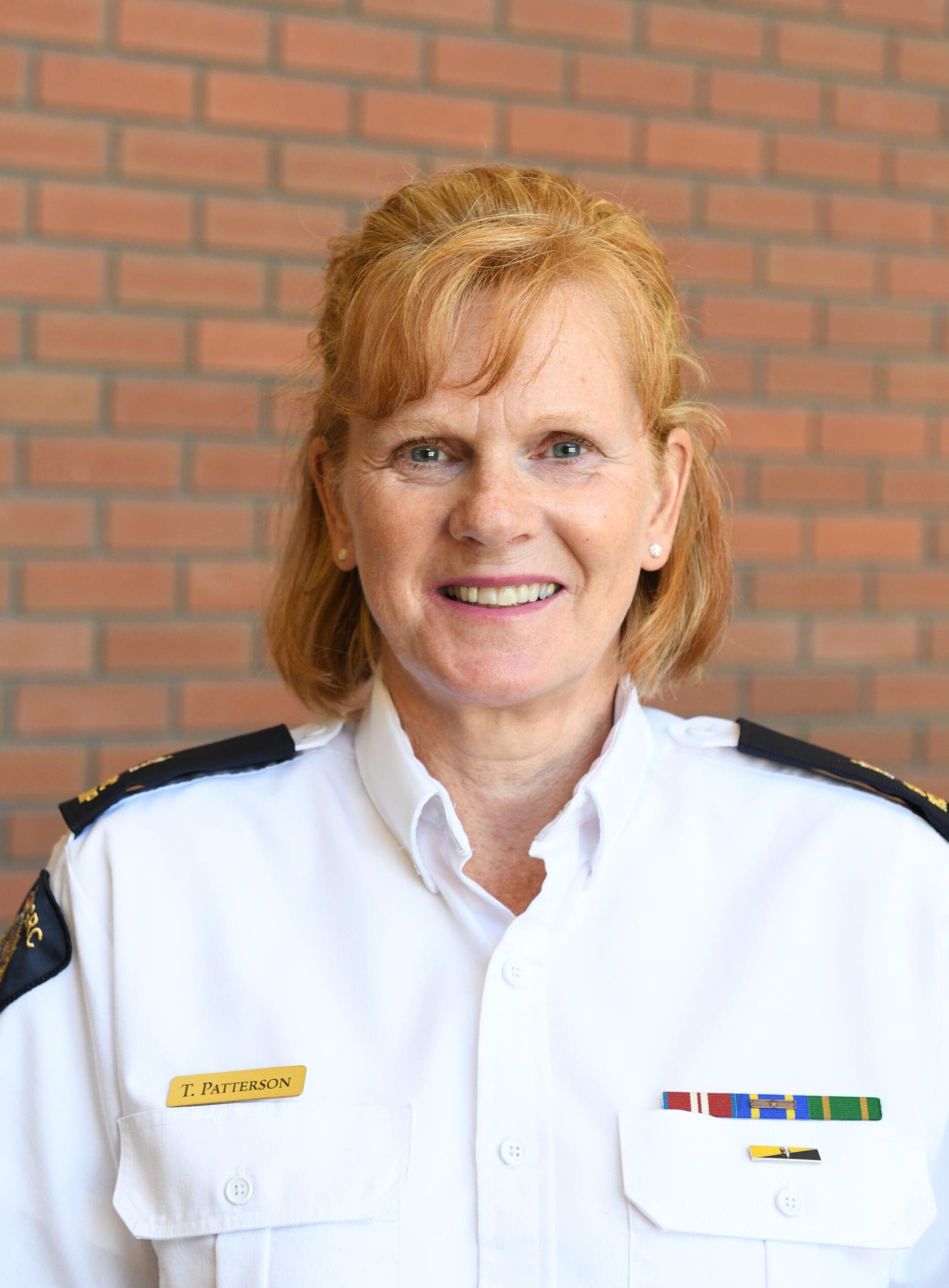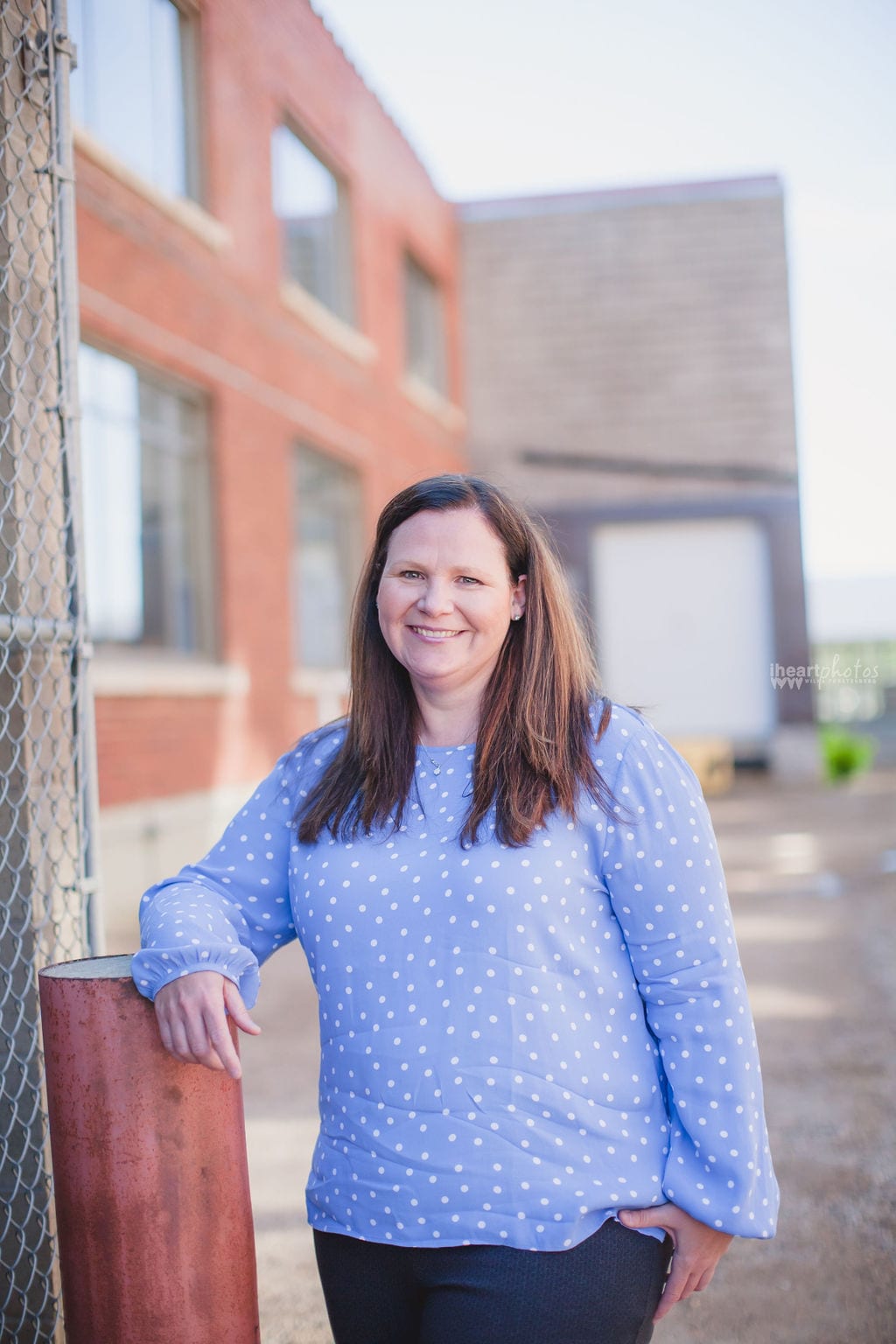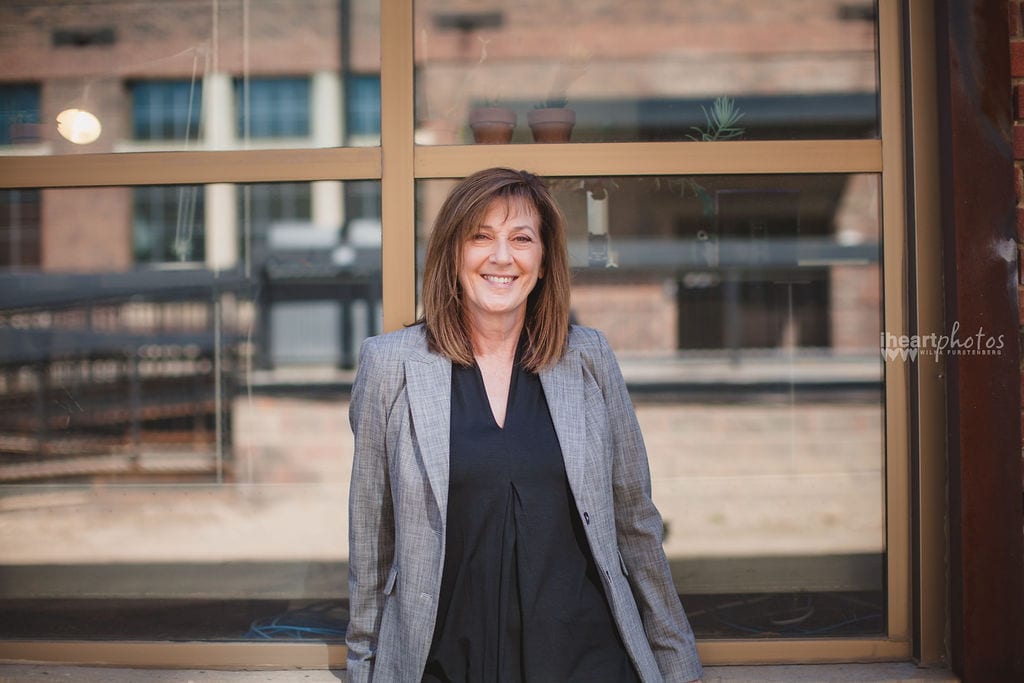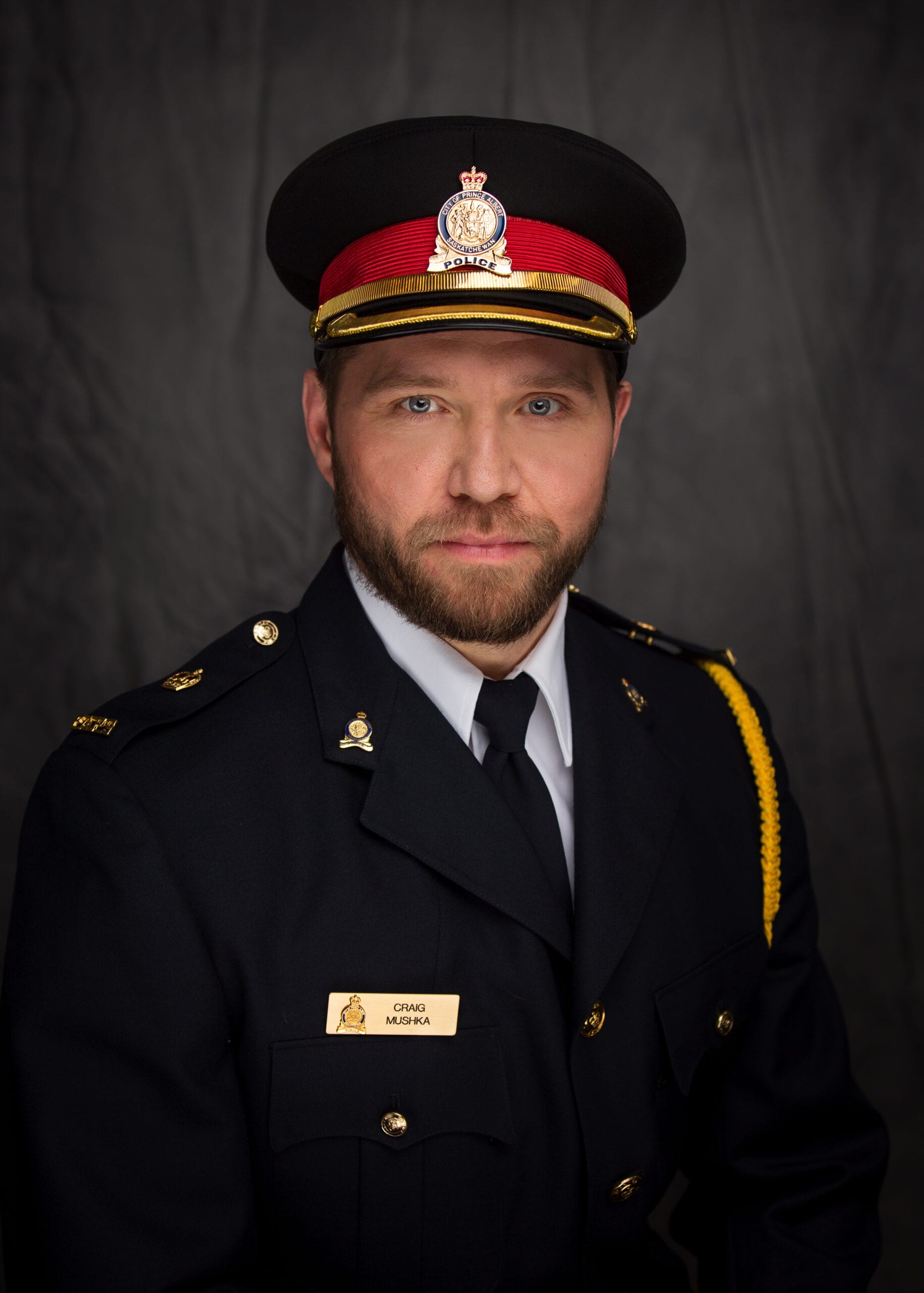She couldn’t find anything formal, though. There were non-profits dedicated to female police and law enforcement officers in Alberta, British Columbia and Ontario, but no such organization existed in Saskatchewan.
So she decided to help create one.
Saskatchewan Women in Policing (SWIP) had its first board meeting in November. The eight board members are women in the policing and law enforcement industry from across the province. Simonson, who works in major crimes at the Prince Albert Police Service, is the organization’s inaugural president.
“It’s about the support, the connection, the mentorship, the female-centric training, those professional connections because we want to be there to lift each other up as we navigate our way through this profession, ” she said.
While policing is an exciting and rewarding career, she said, it doesn’t come without challenges – particularly for women
“I look to overcome, educate and try and break down those barriers,” said Simonson.
She said SWIP includes transgender women and non-binary people.
Michelle Davey, deputy chief of the Delta Police Department in B.C., wrote a master’s thesis in 2020 about female barriers to promotion in Canada’s policing industry. The report includes returning to shift work after maternity leave, pregnancy, tokenism and negative self-perception as barriers for women.
“These barriers exist, in part, because policing as a profession remains male-dominated, with very few women holding senior or supervisory positions,” wrote Davey.
Simonson said she hopes to change that through SWIP and get more women involved in the industry. It’s also important to have female representation while speaking to people on often sensitive subjects, who may be comfortable speaking with a woman over a man, she said.
Simonson explained that the Prince Albert Police Service is about 15 per cent women, slightly below the average of other municipal police services in Saskatchewan.
SWIP’s Vice-President is Insp. Tonya Gresty of the Saskatoon Police Service.
“It’s created an opportunity for me to step into a gap where women are able to access mentors in the leadership roles within the policing community,” she said.
Gresty said there are only four women out of 41 executive members at the table making decisions for municipal police services in the province.
“As one of those members, I feel it’s incumbent upon me to show up and be present and to be accessible as a mentor to women who are coming up in our profession.”
Gretsy added that having female policing mentorship is especially important in smaller communities, where there might be even fewer women in the police service.
Both Simonson and Gresty said the organization has received a lot of support from their police services and associations, as well as the Saskatchewan Federation of Police Officers and the Saskatchewan Association of Chiefs of Police.
The board also consists of Sgt. Kimberley Stewart (RCMP), S/Sgt. Laurel Marshall (Regina Police Service), S/Sgt. Marlie Frei (Moose Jaw Police Service), Cst. Andrea Vogel (Saskatoon Police Service) Cst. Danielle Stephany (Estevan Police Service) and Cst. Melinda Mintenko (Weyburn Police Service).


